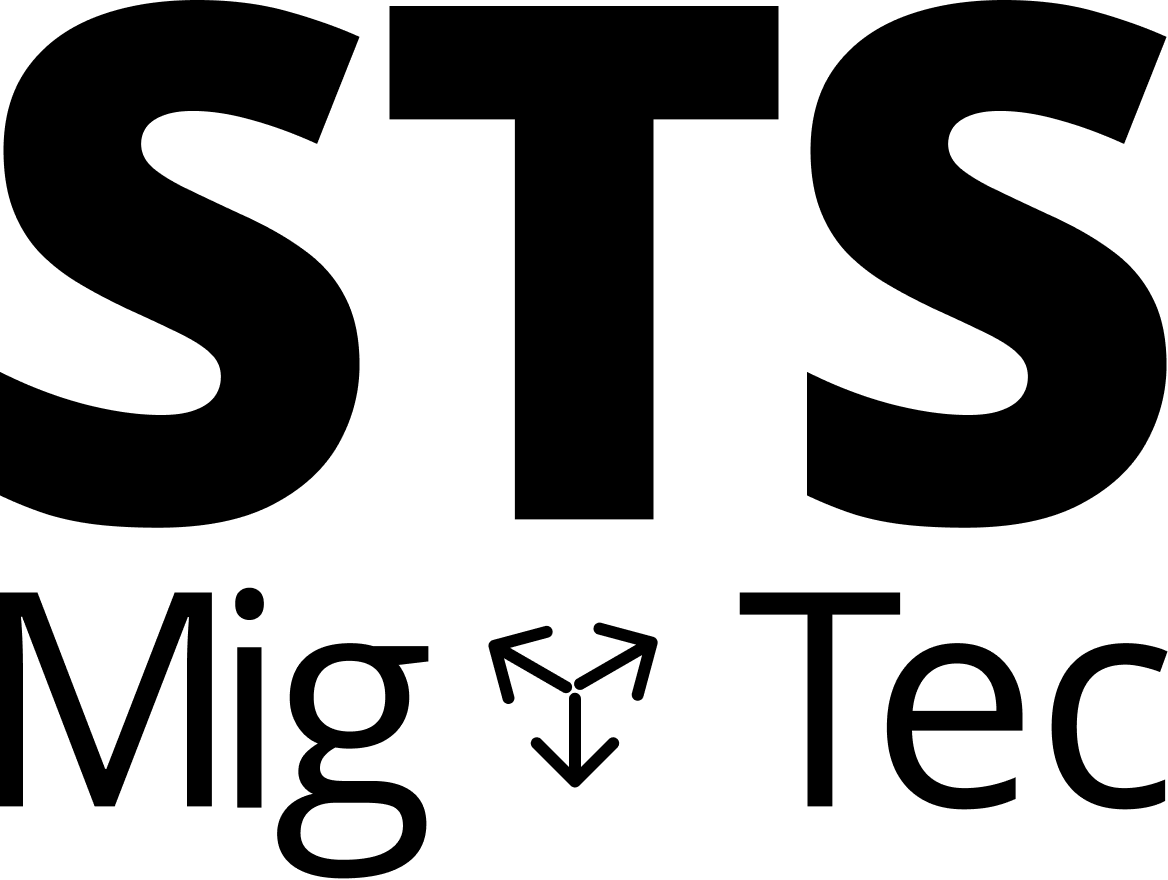Abstract
In this paper, we explore how satellites and drones co-produce the capacity to make Europe’s maritime borderzones visible and controllable. We synthesise Thomas Nail’s work on kinopolitics with ideas inspired by Foucauldian studies on governmentality to develop the following argument: satellites and drones are technologies of power embedded within a kinopolitical regime of maritime surveillance which strategises vision in attempts to govern subjects and objects on the move – attempts that challenge any clear-cut distinction between security controls and humanitarian interventions in the field border management.
We forward an understanding of kinopolitics as a governmentality that has as its referent object neither the territory of the state (as in the case of sovereignty) nor life processes at the level of population (as in the case of biopolitics), but transboundary flows. In our empirical context, such flows are desperate migrant journeys in the Mediterranean Sea, but also mobilities associated with criminal activities, like drug smuggling and trafficking.
In this puzzle, we unveil the power of the machinic vision generated by satellites and drones. Machinic vision, we suggest, comes to be governmentalised, in the sense that it produces knowledge that informs programmes of security-humanitarian action related to the regulation of maritime flows.
Perceiving and Controlling Maritime Flows. Technology, Kinopolitics and the Governmentalisation of Vision
Georgios Glouftsios (University of Trento, IT) and Panagiotis Loukinas (Trilateral Research, UK)
About the event series
STS-MIGTEC Circle is a small format which serves to reflect jointly on work-in-progress contributions related to the themes of interest to STS MIGTEC. The idea is to create a safe space for probing and experimenting with ideas, arguments, attempts of analysis, sense-making of empirical material. It’s the right space for you if you already invested substantial energy and dedication into that work, but you still feel the piece to be raw and fragile. We invite individual scholars – of all career stages – to take other interested scholars on board to jointly reflect and discuss with care and constructive feedback.
